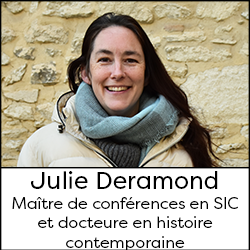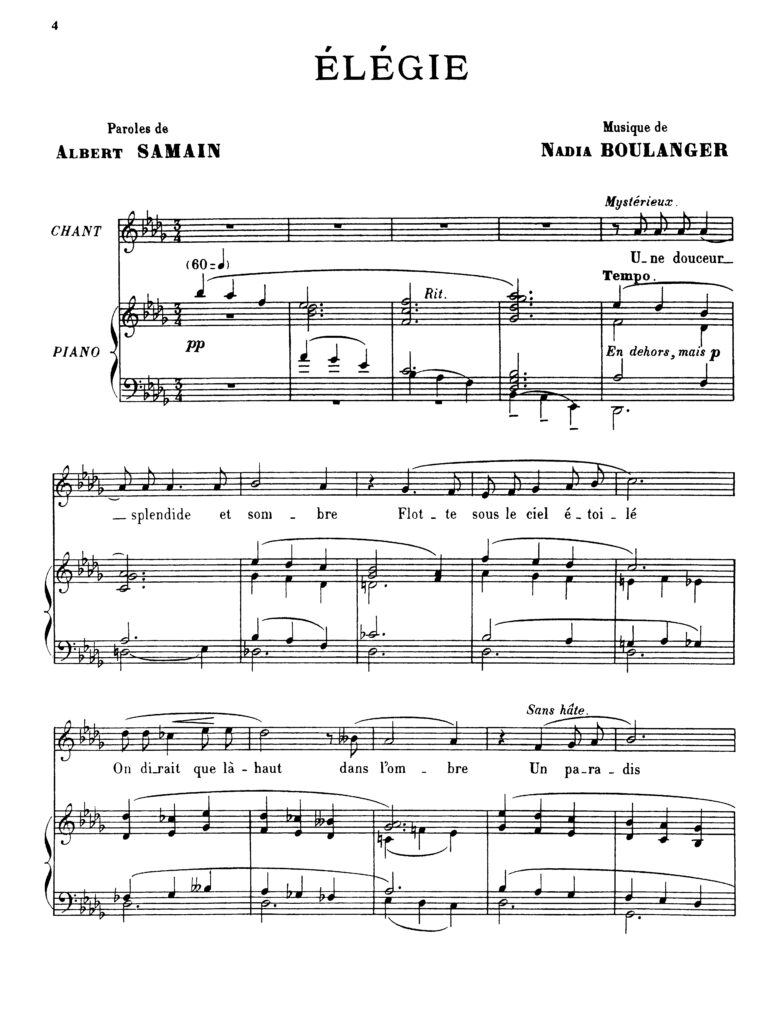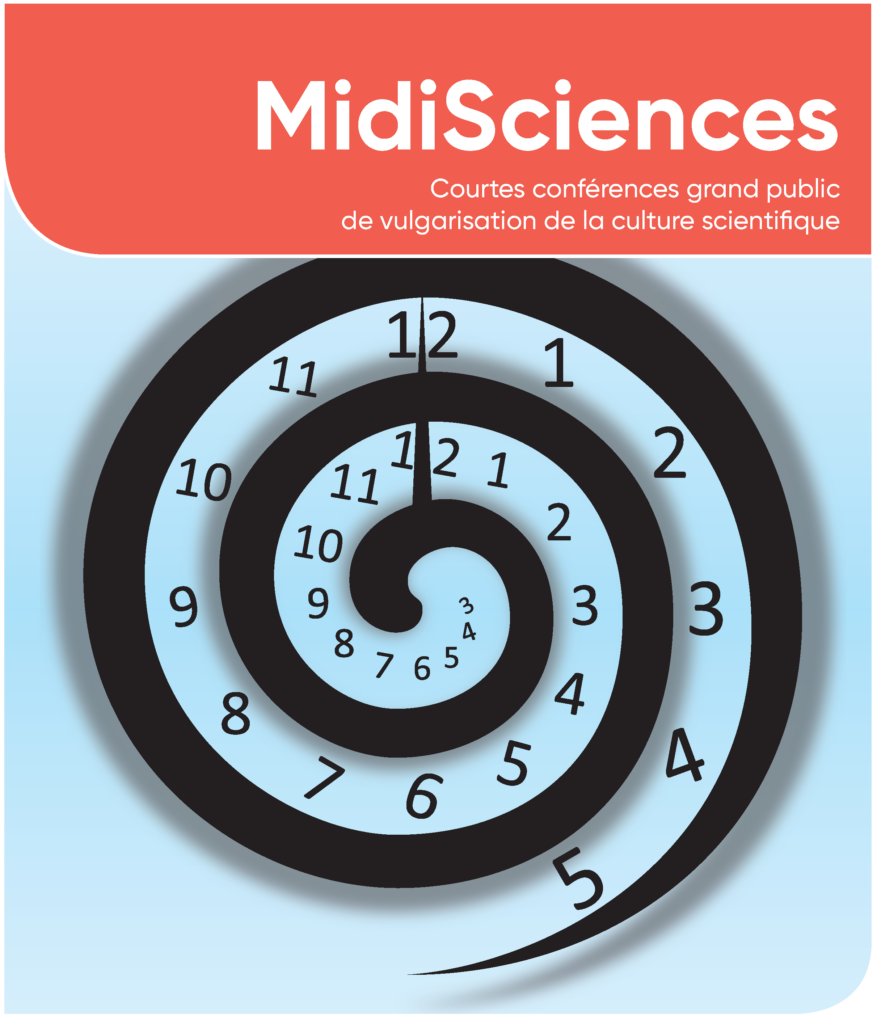[Portrait] Julie Deramond, Senior Lecturer in Information and Communication Sciences
What is your research about?
I am a lecturer in SIC and have a doctorate in contemporary history. My research has long focused on representations of Joan of Arc in the 19th and early 20th centuries, particularly in the theatre and in music. My current research focuses on the communication of history, forms of cultural mediation (artistic, documentary, sensory) and the links between heritage and food.

What are your current scientific activities?
I have a European project, Olive4ALLfunded by the Joint Program Initiative on Cultural Heritage (JPI CH)on the heritage of the olive tree until 2025. I have formed a team of researchers from Avignon University and we are working with Greek and Portuguese colleagues. The project is based on one main idea: how can we enhance the heritage of the olive tree for the purposes of sustainable development? In the course of the project, we are carrying out surveys to find out about the attachment of the inhabitants of the Mediterranean to the olive tree. We have also carried out a number of promotional initiatives that we are testing: The olive tree, our tree" exhibition (currently at the Salagon museum)A number of conferences and publications reflect this ongoing work.
>> For more information
Please note:
Midiscience by Julie Deramond & Pauline Grison

1ᵉʳ February 2024from 1 p.m. to 2 p.m.
Campus Hannah Arendt, Amphi 2E01
>> Read more
Why did you choose to work in academic research?
It was passion that led me to research. I simply loved working on my Master's dissertation (Master 1) and I wanted to make research my profession. My interest in teaching came later, with the desire to pass on my knowledge. What really appealed to me from the outset was the versatility. In the course of a single career, you can hold different posts and positions, and discover many different ways of doing research and teaching. That's why I'm now back in touch with my teenage love - I absolutely wanted to become a publisher, and since September 2023 I've been at the head of Éditions Universitaires d'Avignon.
What advice would you give to students who want to do research?
My first piece of advice is to be motivated! Without it, there's no point in me doing research. You have to get up in the morning and be happy to read articles and books, carry out investigations or dig through archives and share your discoveries. Rigour is another key word: without it there is no salvation. Finally, stubbornness and perseverance are needed to bring your scientific projects to fruition...
What object or image from your business best illustrates you?
A score perhaps? It's the performer's submission to music that has already been written, and which he or she is responsible for transmitting. It's a commitment that turns a potentially forgotten document into a performance. But it's also about creation, about the sensibility and imagination that the performer shares with the audience, making the concert a unique moment. Finally, it is a source for the historian and a mediation device for the researcher in information and communication sciences.

The Norbert Elias Centre
The Norbert Elias Centre (UMR 8562) brings together researchers from different disciplines who are convinced of the unity of the human and social sciences. The laboratory is located on the EHESS Marseille campus at Vieille Charité and on the Hannah Arendt campus at Avignon University. It brings together 50 researchers, 80 doctoral students and a support team of about ten people who work on the analysis and description of social worlds.
>> Read more
The portraits
Updated le 17 January 2024
